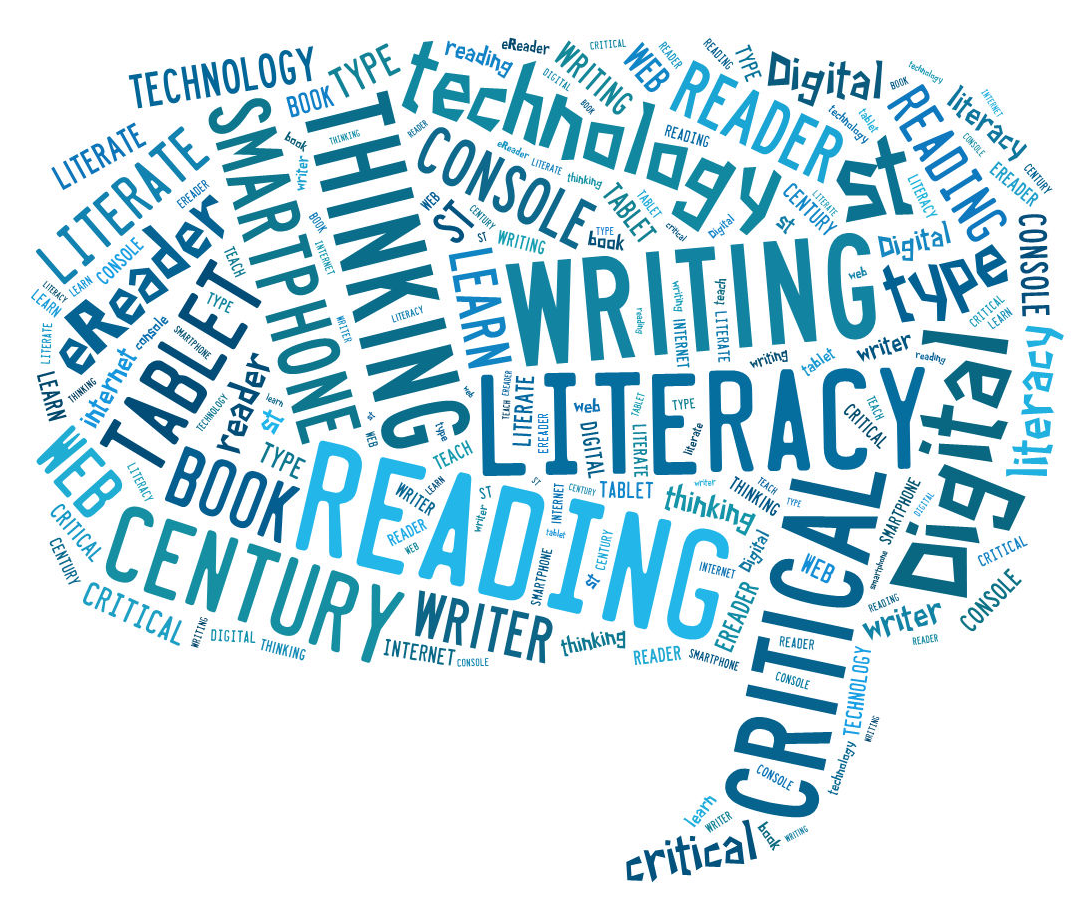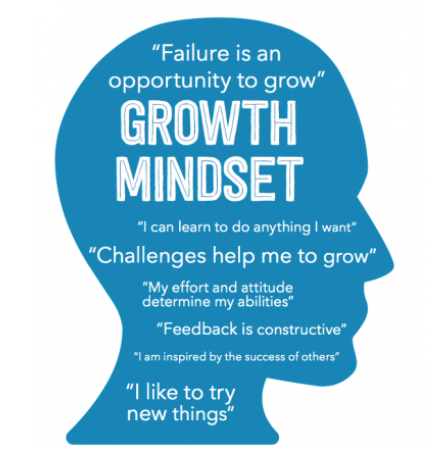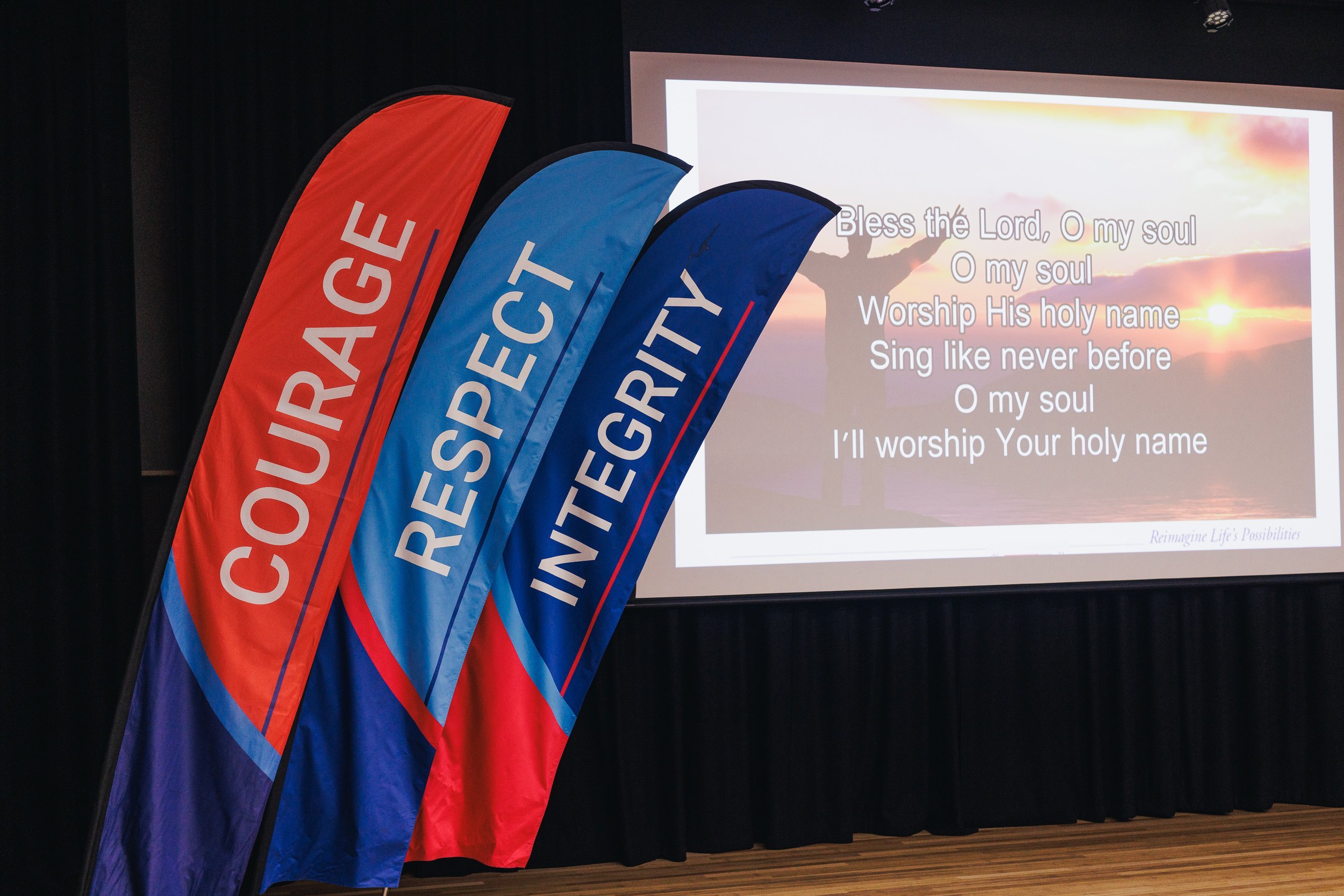
Encourage, Support, Redirect.
Homework isn’t just about grades—it’s about building lifelong skills like resilience, organisation, and perseverance. Read more about how we can support our children’s learning journey beyond the classroom.

Literacy in early childhood
Every educator is a teacher of literacy, no matter the subject. Discover practical tips for nurturing language skills at home and why literacy is the key to lifelong success.

Fostering a Growth Mindset
Unlock your child’s potential by fostering a growth mindset. Discover practical ways to encourage resilience, embrace challenges, and turn setbacks into stepping stones for success.

Re-visiting the Power of Three
What’s the secret to a strong educational community? At Emmanuel, it’s the power of three—where family, school, and church come together to support each student’s growth. Discover why this unique approach sets Christian education apart.
